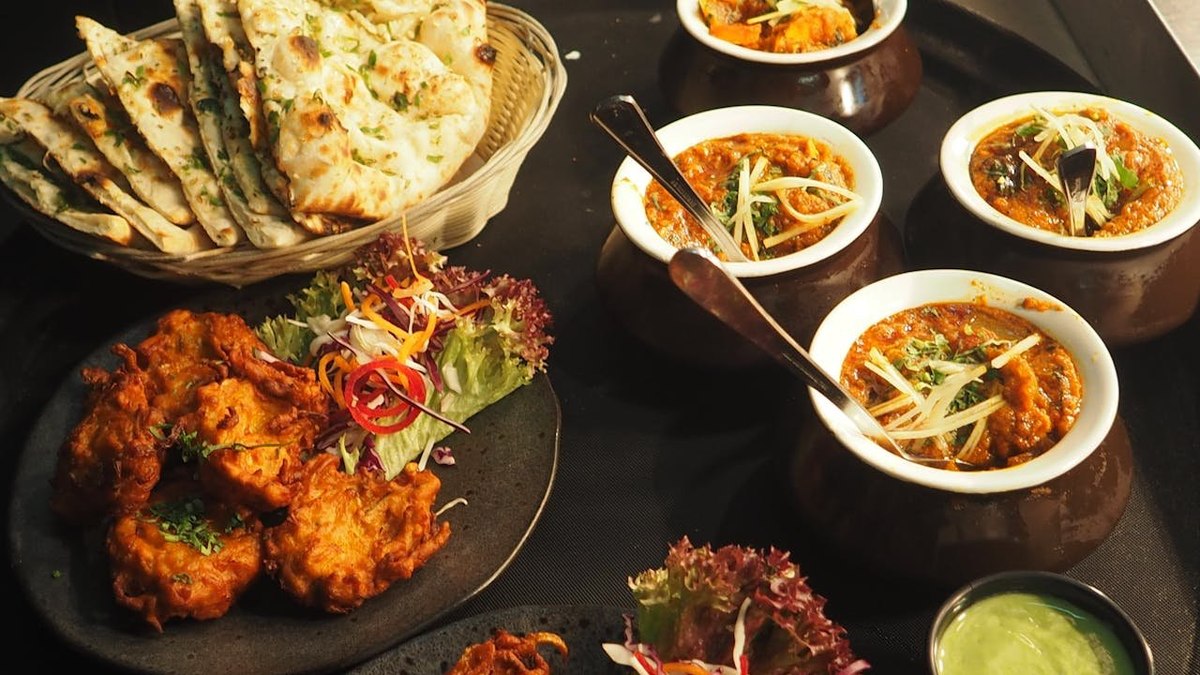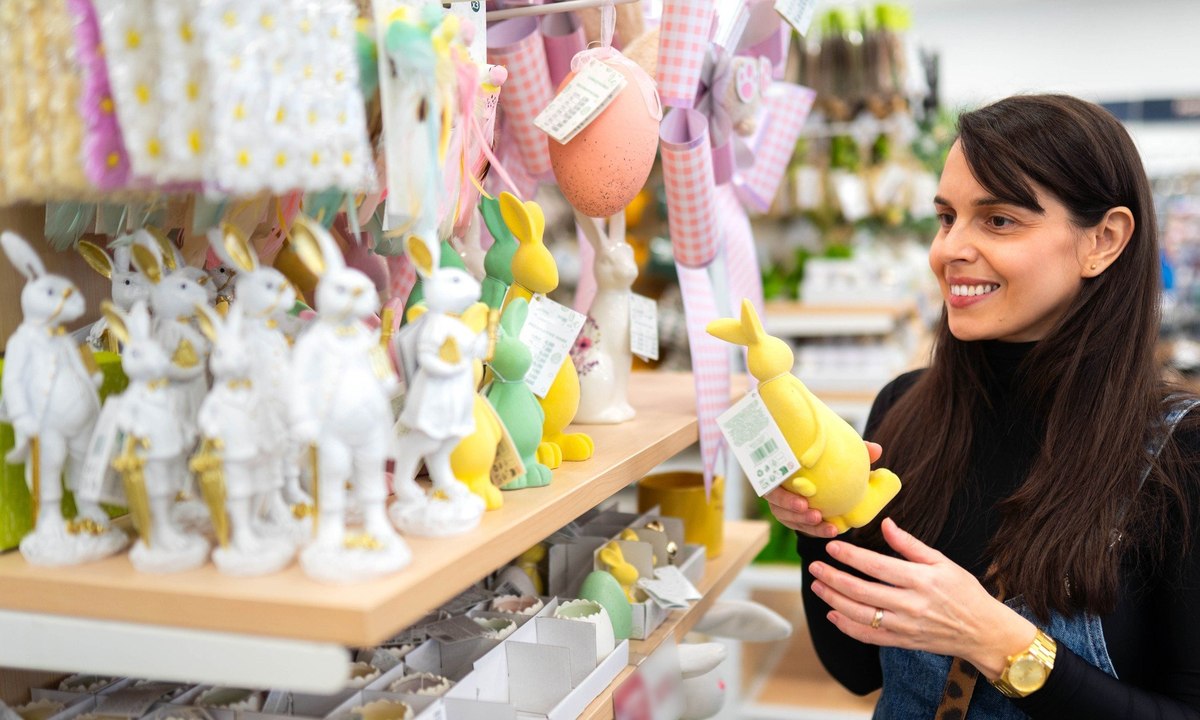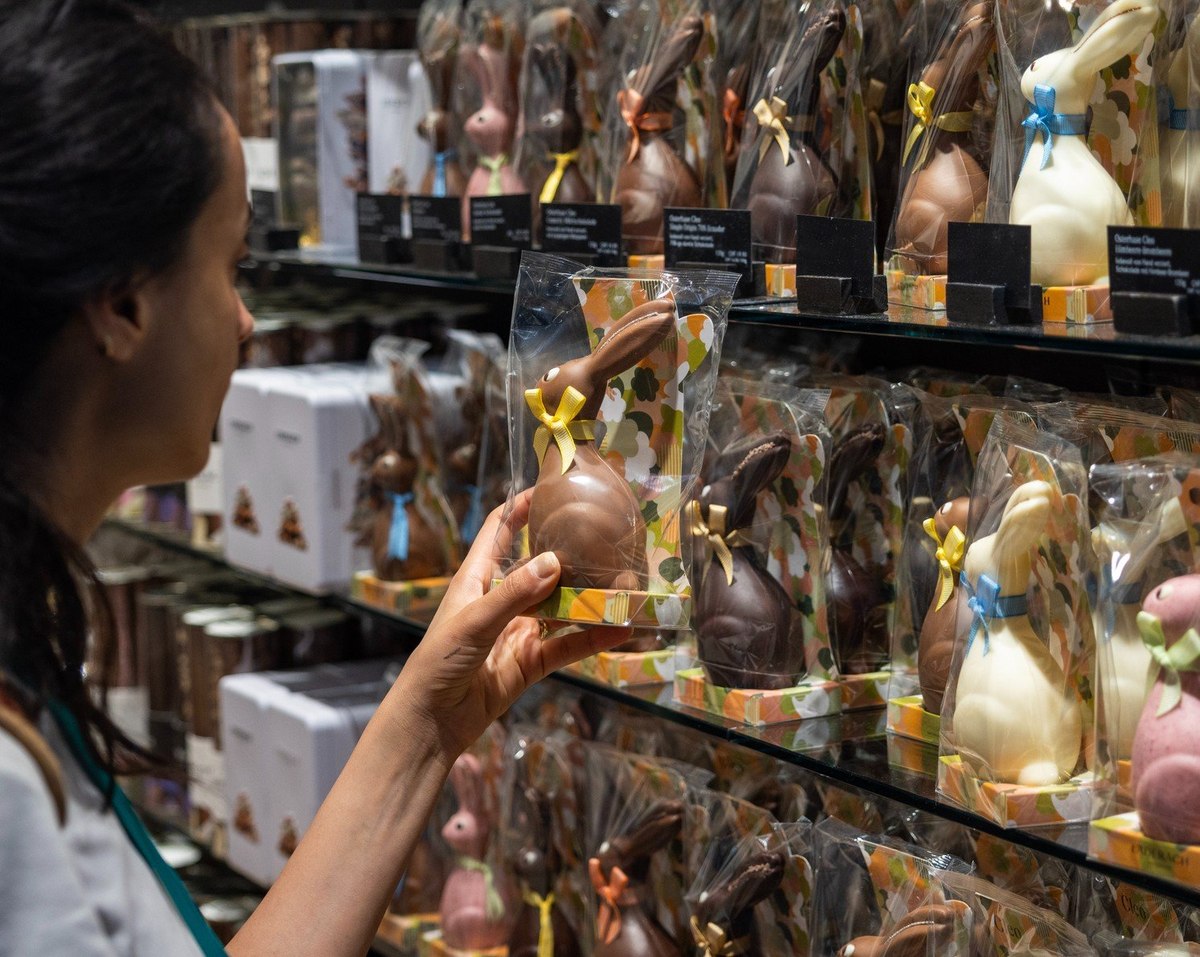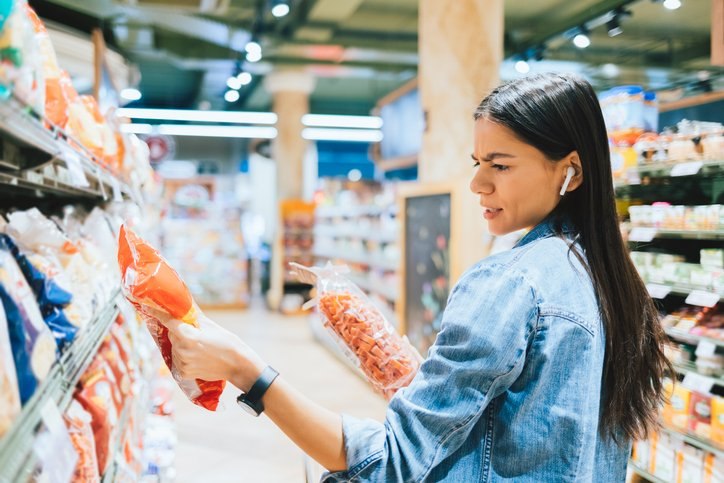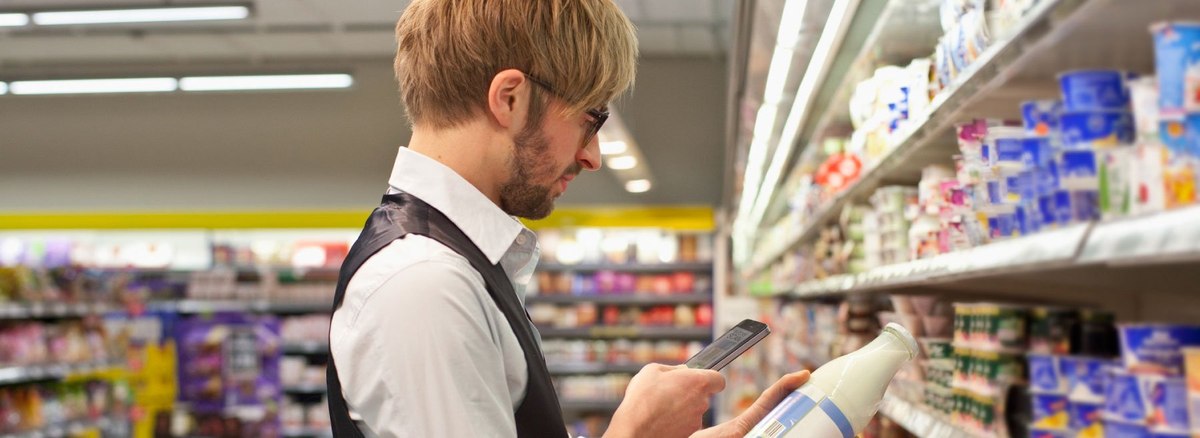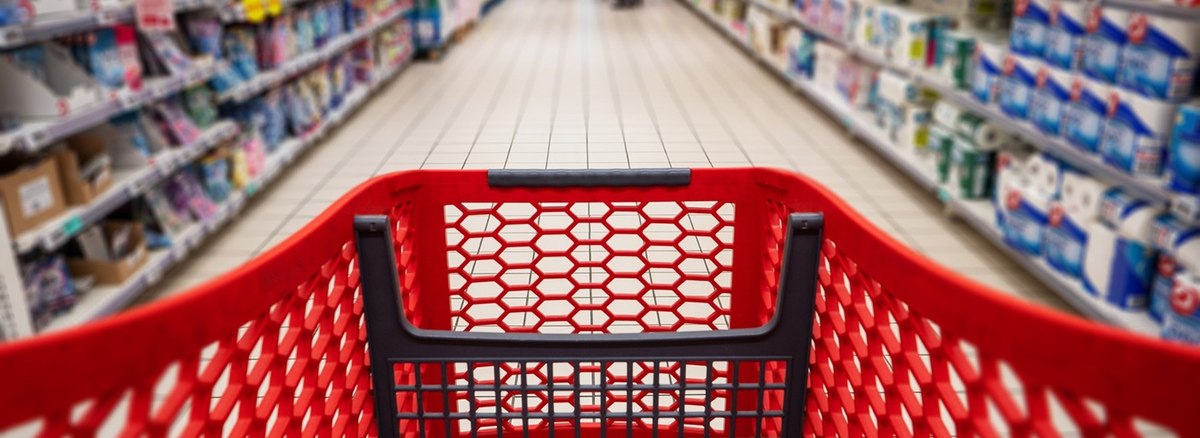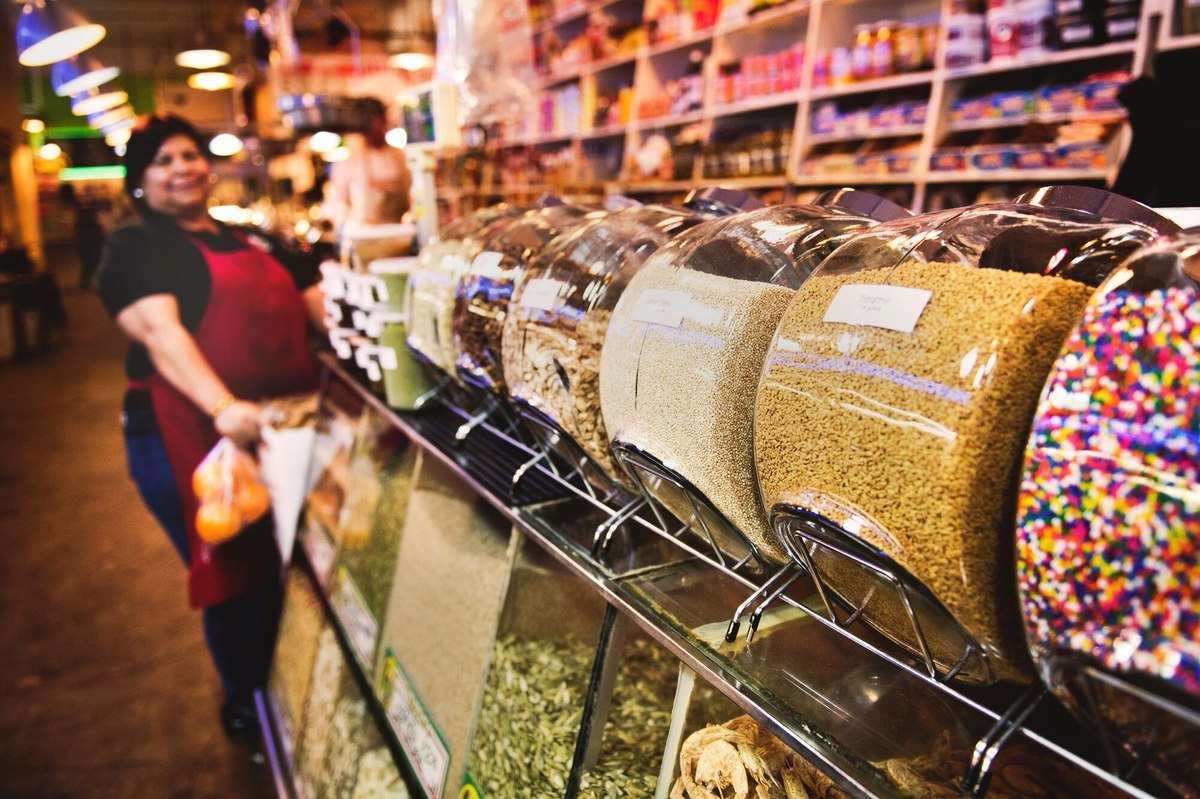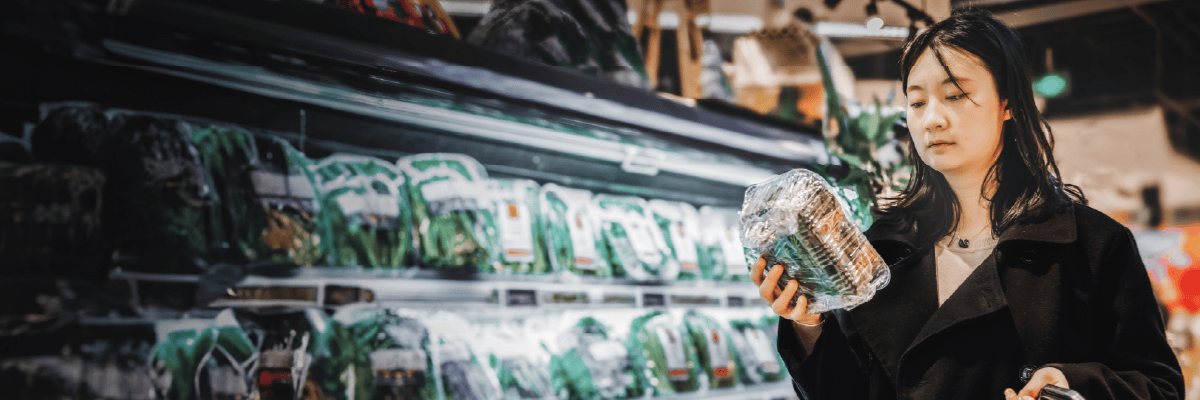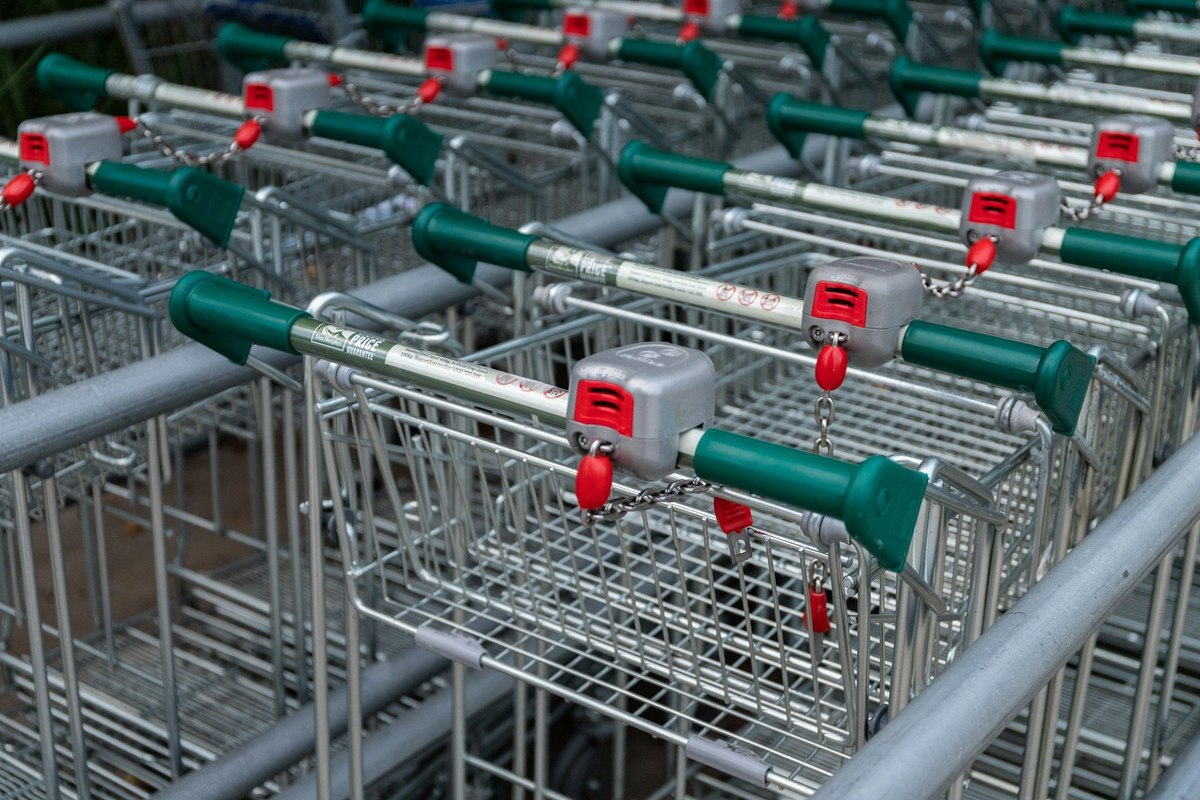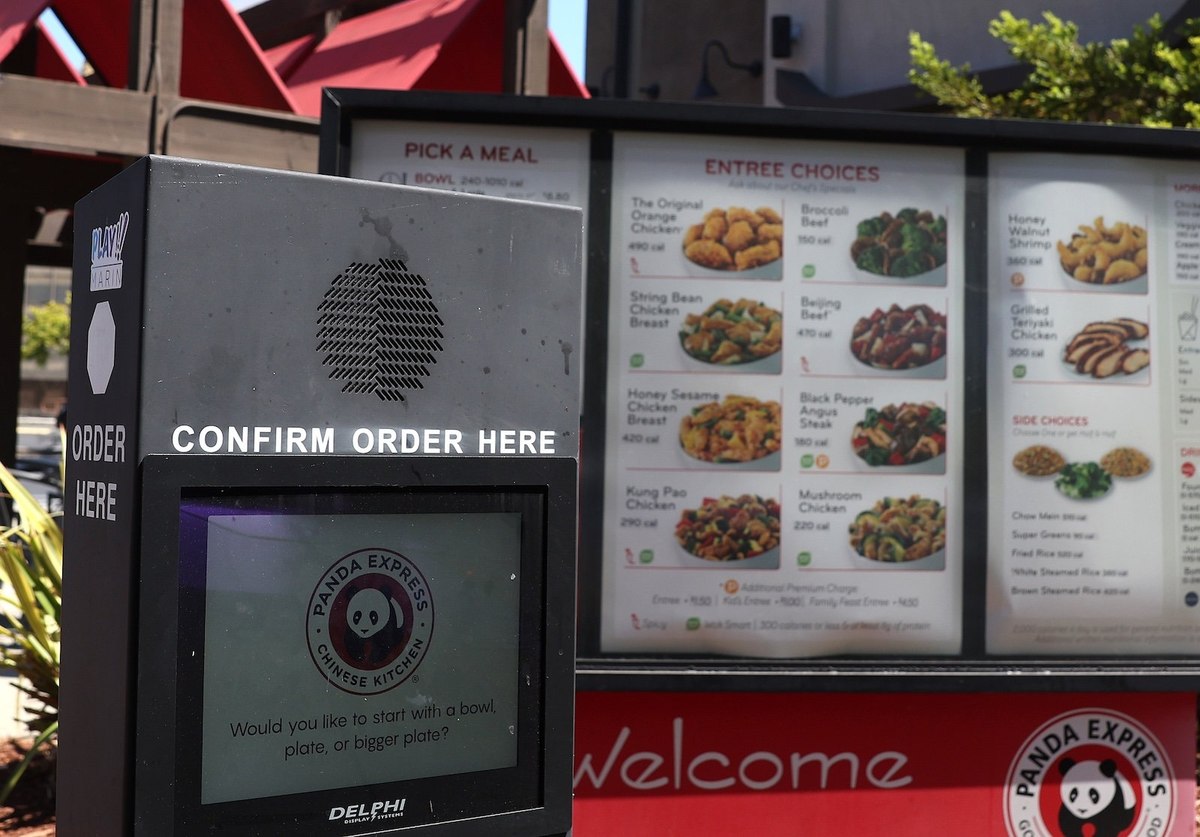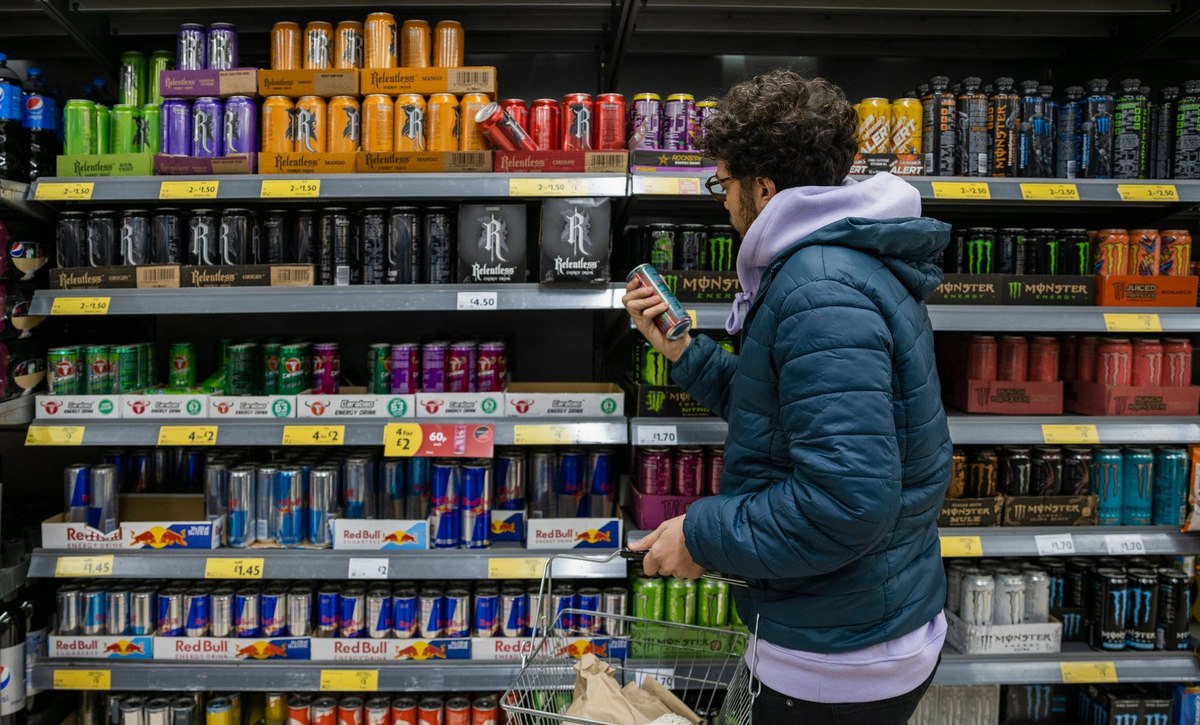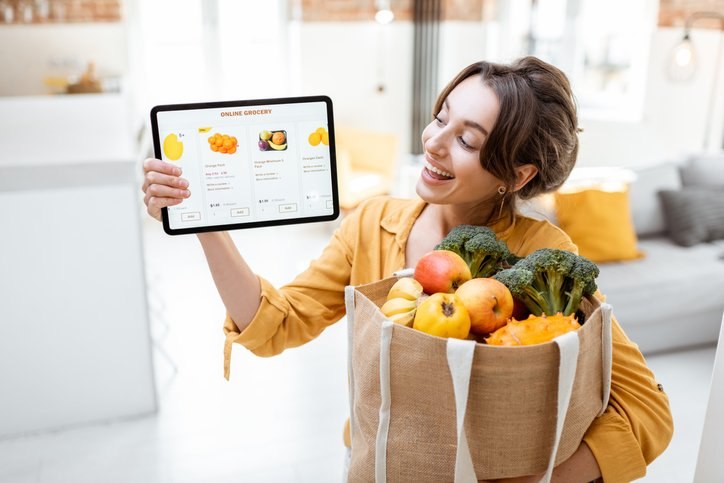
Two-thirds of urban Indians plan to use online shopping and delivery services in the future
- YouGov’s new report offers an overview of changing consumer attitudes and behaviours in 17 global markets
- Four out of five urban Indian consumers claim their regular shopping habits have changed during the pandemic
- Consumption of fresh fruits & vegetables increased among urban Indians but intake of junk food decreased during this time
- India ranks among the top countries that pledges to prioritise sustainability and support local businesses once the pandemic has ended
YouGov’s latest research reveals two-thirds of urban Indians (67%) plan to increase the use of online shopping or delivery services once the pandemic is over.
YouGov’s ‘‘International FMCG/CPG report 2021: Consumer goods in a crisis’ provides a high-level analysis of consumers’ attitudes to fast moving/consumer packaged goods across 17 global markets. The white paper is based on more than 18,000 interviews and explores how the COVID-19 crisis has affected the FMCG sector worldwide across a range of categories.
Across all markets, a plurality of consumers said that their shopping habits have altered because of the pandemic, with the highest numbers coming from India (81%) and Mexico (83%).
An average of 81% of consumers across the 17 markets in our study bought groceries or household essentials in-store in the month prior to being asked this question. In India, online shopping of groceries: either through delivery or click & collect services remained as popular as in-store purchases during the pandemic.
Online delivery seems to have been much more popular than click and collect services in most of the surveyed markets. In India, there is a 37- percentage point difference between those who bought groceries online using the delivery option (50%) and those who picked it up (13%). The lockdown restrictions along with the fear of going to crowded places could have been the key drivers for this behavior.
Looking at the impact of the pandemic on local businesses, three in five consumers (60%) across all markets claim to support local businesses and buy local products more once the pandemic subsides. India and Mexico feature as the top countries who plan to do this (75% and 77% respectively). Beyond supporting local businesses, the consumers in both these countries are most likely to buy more sustainable products once the crisis has ended (74% each).
Apart from shopping behaviour, the pandemic has led to changes in FMCG category consumption. The data shows that during the pandemic consumers have responded in different ways across different FMCG categories.
Across all 17 markets, approaching four in ten (35%) said they eat more fresh fruit and vegetables, while just 6% said they eat less.
In India, two-thirds (66%) increased their consumption of fruits and vegetables while only 8% said to have decreased it.
Urban Indians were eating more dairy items (53%) while consumption of chilled ready meals remained static (27% increase vs 28% decrease in consumption).
Intake of frozen foods reduced for a third (32%), increasing for 27%, while more people ate bakery good (33% increase vs 28% decrease) and food cupboard items (34% vs 23%).
Consumption of alcohol has increased for thee in ten urban Indians (29%). In fact, India (29%) and China (27%) are the leading markets where people said that they have consumed more alcohol during the pandemic than elsewhere in the world.
Cosmetics appears to have particularly struggled during the crisis: 32% consumers globally said that they are buying fewer products in this category. In India, more than a third (36%) confirmed there been a decrease in their purchase of personal care/cosmetics products, while only a fifth said it has increased.
On the other hand, as compared to the global average (42%), home-cleaning products performed fairly well in India with a vast majority (70%) of respondents saying they have bought more cleaning products during the pandemic.
Commenting on this, Deepa Bhatia of YouGov India, said, “The COVID-19 pandemic has created both challenges and opportunities for brands operating within the broad FMCG sector. The data highlights significant changes in consumer sentiment and behaviour. Notably, there is a shift to remote purchasing, as well as affinity towards local businesses, among urban Indians because of the ongoing crisis.
Whether these changes will be long-lasting or short-term, remains to be seen, as we enter the second year of the crisis. In order to stay relevant, FMCG brands need to revisit their well-worn marketing playbooks and adopt new ways of understanding consumer’s changing expectations.”
To read more about the data and see global comparisons, click here

